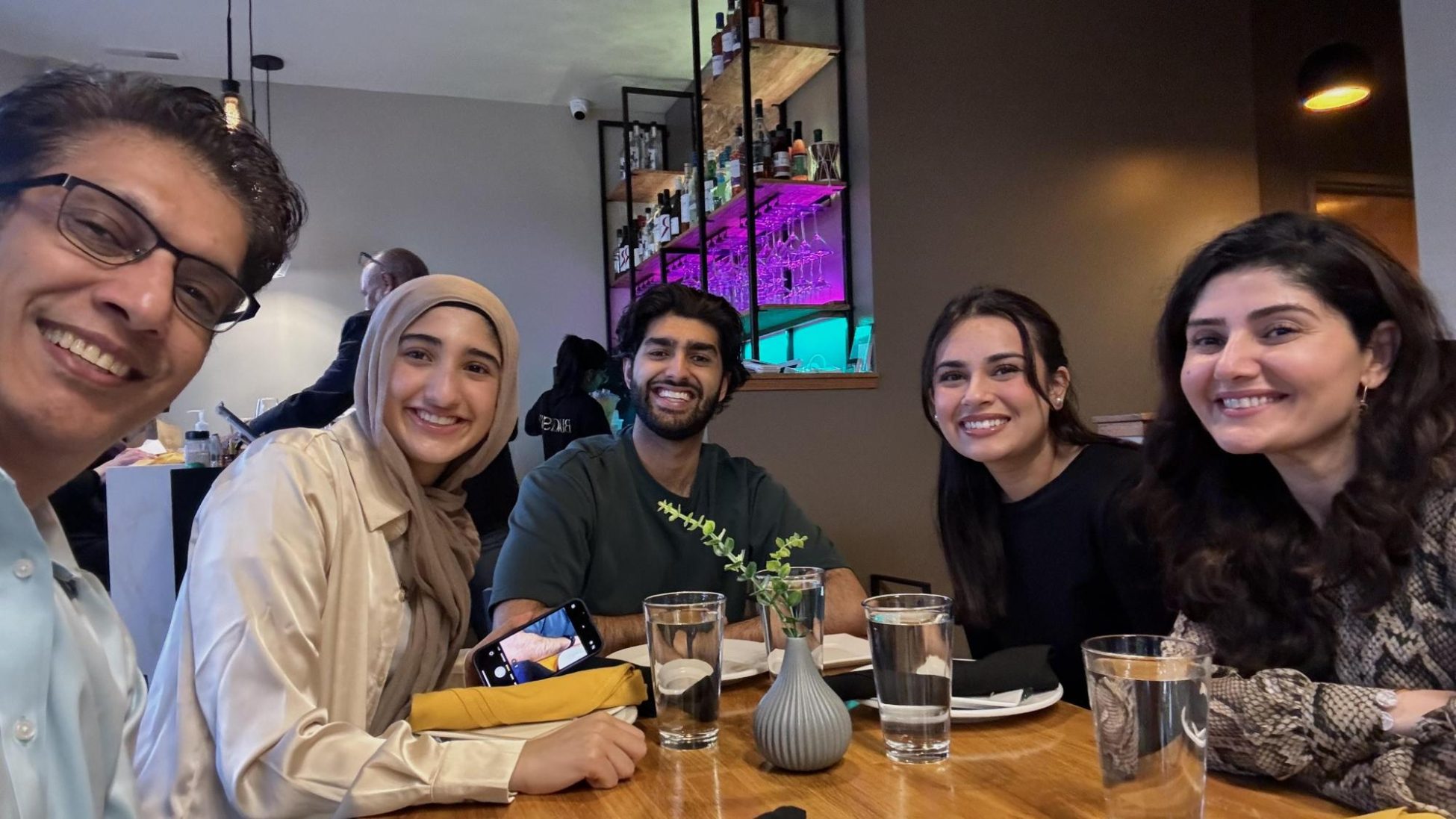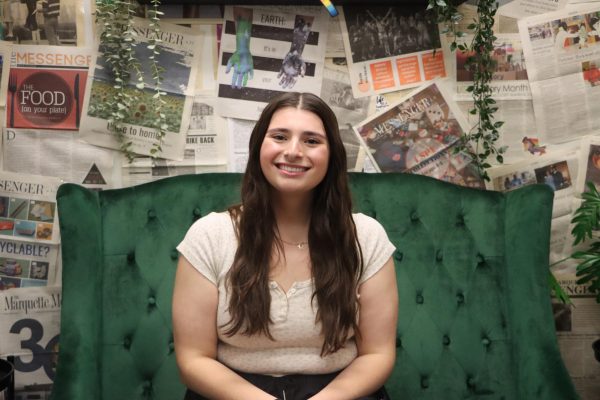Growing up in a Muslim household, Zoya Shah, junior, always celebrated Ramadan with her family by going to their mosque and fasting together. As Shah has gotten older, she said she has found a deeper connection with the holiday.
“I spend the whole month with my friends, and it’s just kind of peaceful,” Shah said. “It makes me feel like I have a reason to live.”
Ramadan is the ninth month of the Islamic calendar and is considered a time Muslims can spend with their family and friends. During this holy month, Muslims fast from sunrise to sunset and pray and reflect to get closer to God.
Ramadan starts Sunday, March 10, and goes until Tuesday, April 9.
On Eid al-Fitr, the day after Ramadan ends, Shah and her family spend the day together going to morning prayer and parties, eating meals and spending the night with each other.
Traditional foods eaten during Ramadan consist of soup; samosas, fried dough with vegetables or meat filling; and chaat, a yogurt dish with spices.
One of the most commonly eaten foods is dates. Dates are used to break fasts, also known as Iftar, because the prophet Mohammed used the food to break his fast.
“We soak our dates in milk before we eat them. It’s so good,” Ramy Elbesbeshy, sophomore, said. “I think it’s a family thing because I don’t know if I’ve seen other people do that before.”
Elbeshbeshy said students can help support their friends and classmates who are celebrating Ramadan in many ways.
“At the same time don’t draw attention to it, don’t be ignorant. If they look like they need help, just check in and see if they’re feeling well,” Elbeshbeshy said.
Maira Waqar, junior, said students and staff being more aware and considerate to those who are fasting is important.
“We always get the question ‘Oh without water? Is it bad?’,”Waqar said. “No, a lot of people do it.”
Keeping the Library open during lunch can also be beneficial for students who don’t want to be around everyone who’s eating.
“It makes it easier not having to sit in the cafeteria,” Waqar said.




